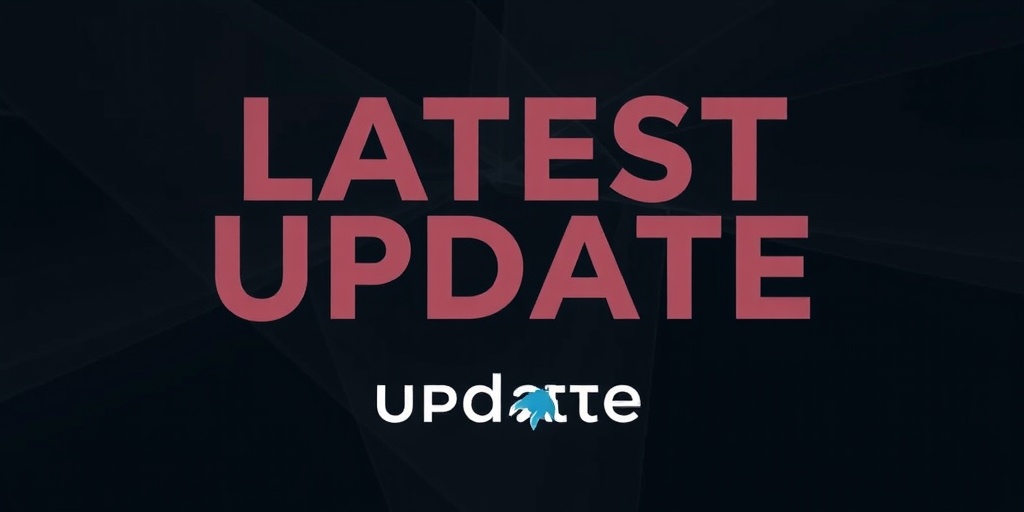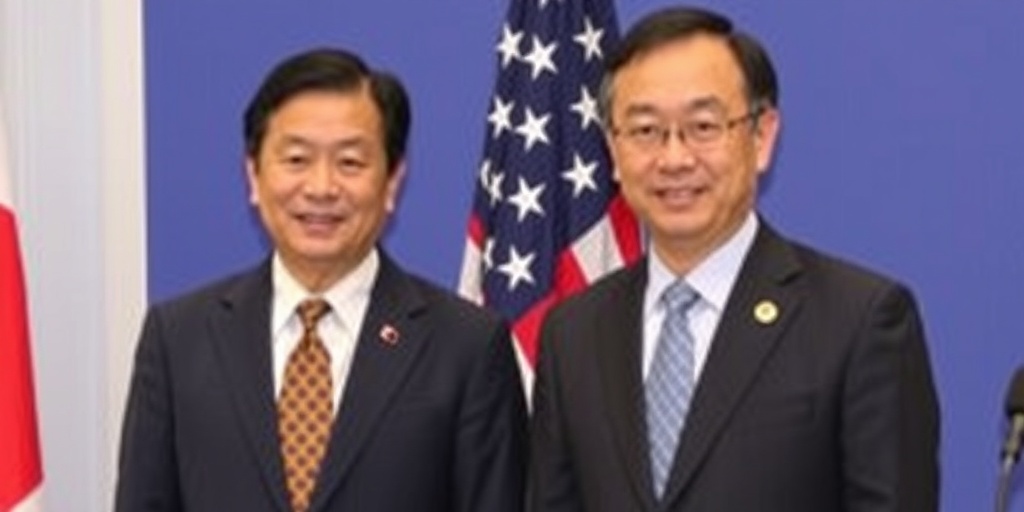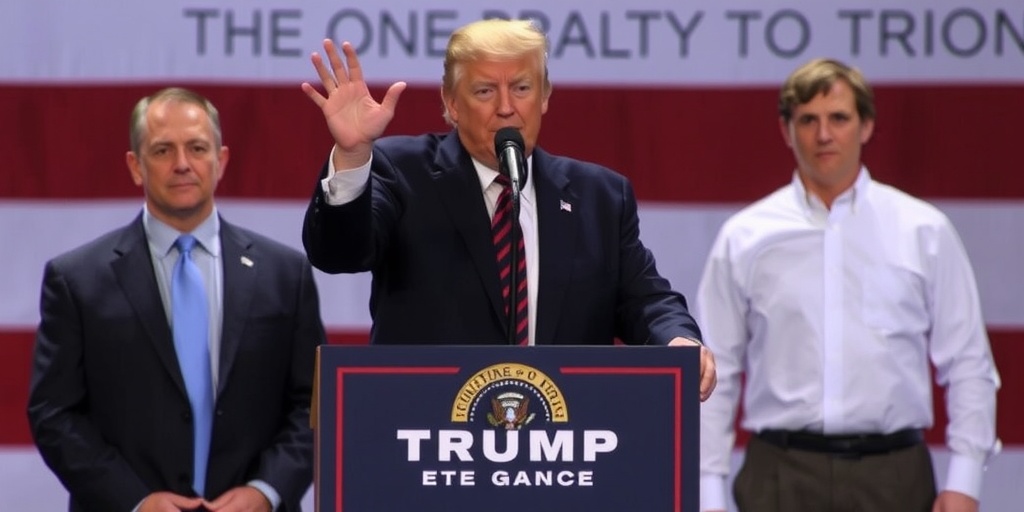Now Reading: Latest Update
-
01
Latest Update
Latest Update

European Leaders Commit to Strengthened Military Support for Ukraine
In a significant declaration during a press conference on Sunday, British Prime Minister Keir Starmer emphasized the gravity of the moment, stating that "we are at a crossroads in history" regarding the ongoing conflict in Ukraine. Following a summit in London that included 18 European leaders and Ukrainian President Volodymyr Zelensky, Starmer announced that European nations are poised to increase their military expenditure and form a “coalition of the willing” to uphold any peace agreed upon in Ukraine.
During the summit, Starmer revealed plans to enable Ukraine to access £1.6 billion (approximately $2 billion) in British export financing. This funding will allow Ukraine to acquire over 5,000 advanced air defense missiles, an initiative designed to bolster its military capabilities in the protracted war against Russia. Starmer also mentioned that he had a conversation with former President Donald Trump the night before, expressing optimism about potential collaborative efforts with the United States.
Ursula von der Leyen, the president of the European Commission, articulated ambitions for the European Union to unveil a comprehensive military spending plan aimed at fortifying support for Ukraine. She characterized the EU’s assistance as transformative, intending to make Ukraine “a steel porcupine that is indigestible for potential invaders.” This metaphor serves to underline the EU’s intent to enhance Ukraine’s defense systems significantly.
NATO’s Secretary-General, Mark Rutte of the Netherlands, also spoke at the conference, reporting that multiple unnamed European nations have committed to augment their military budgets. He framed these pledges as a “very positive” indication of solidarity and reaffirmed Trump’s commitment to NATO, urging caution against speculation regarding the U.S. potentially distancing itself from the alliance.
French President Emmanuel Macron shared his thoughts during the summit, proposing a one-month truce proposal between Russia and Ukraine, which would encompass "the air, on the seas, and in energy infrastructures" to pave the way for negotiations leading to a peace agreement. Macron highlighted the need for European countries to aim for defense spending between 3% to 3.5% of their GDP, reflecting NATO’s defense goals set for its upcoming summit.
The urgency surrounding the summit was magnified by Zelensky’s recent confrontation with Trump and Vice President JD Vance during their meeting, which raised concerns about the U.S. potentially pressuring Ukraine into a peace settlement that could be disadvantageous to the country. This encounter has further galvanized European leaders in their commitment to supporting Ukraine against Russian aggression.
Starmer, standing alongside Zelensky during the summit, made a compelling argument for the importance of all European nations stepping up their military and economic support for Ukraine. He stated, “We’re gathered here today because this is a once-in-a-generation moment for the security of Europe, and we all need to step up. Getting a good outcome for Ukraine is not just a matter of right and wrong; it’s vital for the security of every nation here, and many others, too.”
The leaders at the summit collectively agreed to sustain military assistance to Ukraine while maintaining economic pressure on Russia to ensure Ukraine’s sovereignty. Starmer emphasized the urgency of action, stating that nations willing to join this coalition must begin planning with immediate effect.
The exchanges in Washington D.C. preceding the London summit highlighted a notable shift in U.S. foreign policy under Trump’s leadership, as evidenced by his aggressive approach towards a swift conclusion to the war—a move that may inadvertently bolster Russia’s position.
European leaders, in light of these developments, have united in their support for Ukraine, praising Zelensky’s leadership. This was in stark contrast to the remarks made by Secretary of State Rubio, who criticized Zelensky’s approach in the Oval Office meeting, suggesting he had taken every chance to elaborate on Ukraine’s needs. Rubio also expressed confusion regarding the backlash against Trump, indicating that the administration was simply seeking to facilitate peace in the region.
In related updates, Britain announced a $3 billion loan to Ukraine intended to strengthen its military stature, which will be repaid from profits generated from sanctioned Russian assets. Additionally, Defense Secretary Pete Hegseth has halted offensive cyber operations against Russia, which some believe is part of a broader strategy to encourage talks regarding Ukraine.
As tensions persist, the Pentagon plans to deploy around 3,000 more troops to the U.S.-Mexico border as part of Trump’s directive to enhance military presence there, further underscoring the administration’s focus on border security amid dealing with international conflicts.
The direction of Europe’s military strategy and its coalition-building efforts will likely play a crucial role in the coming negotiations regarding peace in Ukraine, reflecting the interconnected nature of security and defense in our modern geopolitical landscape.
Stay Informed With the Latest & Most Important News
Previous Post
Next Post
-
 01New technology breakthrough has everyone talking right now
01New technology breakthrough has everyone talking right now -
 02Unbelievable life hack everyone needs to try today
02Unbelievable life hack everyone needs to try today -
 03Fascinating discovery found buried deep beneath the ocean
03Fascinating discovery found buried deep beneath the ocean -
 04Man invents genius device that solves everyday problems
04Man invents genius device that solves everyday problems -
 05Shocking discovery that changes what we know forever
05Shocking discovery that changes what we know forever -
 06Internet goes wild over celebrity’s unexpected fashion choice
06Internet goes wild over celebrity’s unexpected fashion choice -
 07Rare animal sighting stuns scientists and wildlife lovers
07Rare animal sighting stuns scientists and wildlife lovers




















